Search: SSC
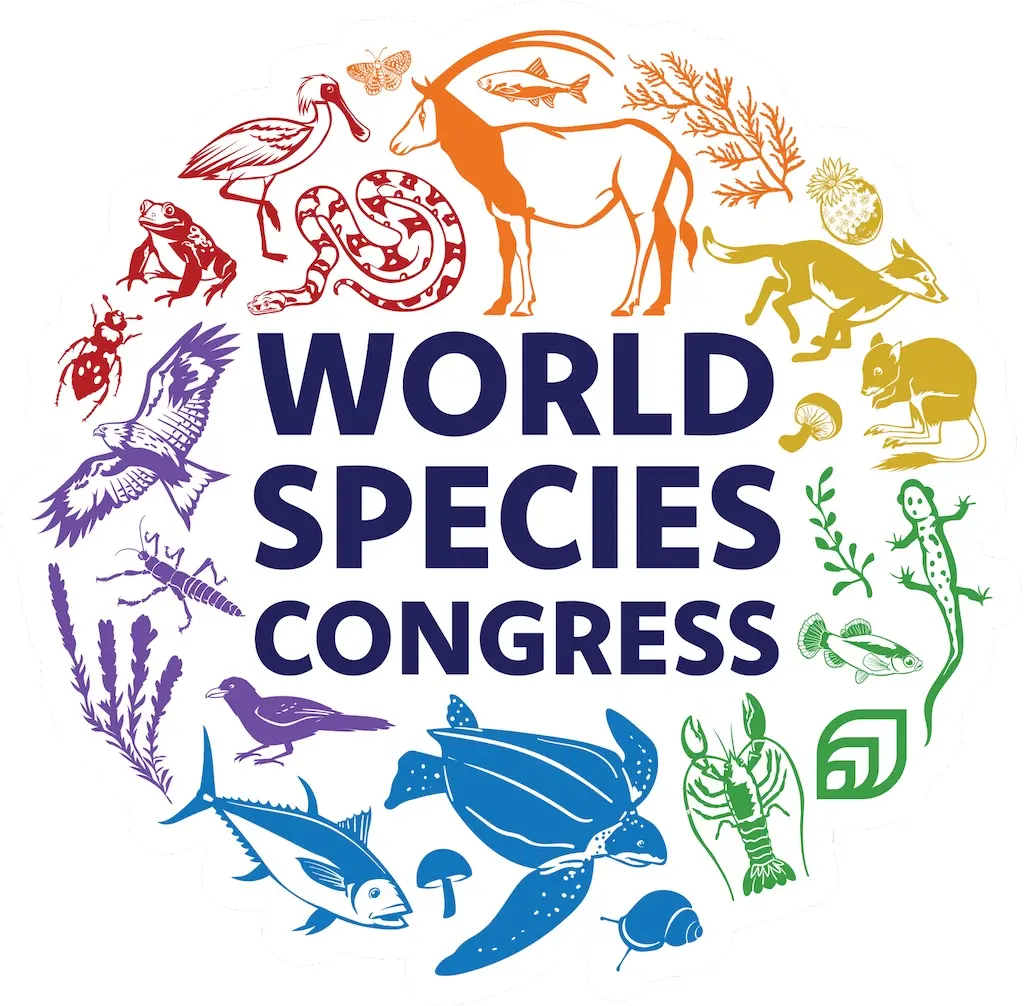
IUCN event
In response to IUCN World Conservation Congress Resolution 4.019, Reverse the Red will host the first World Sp
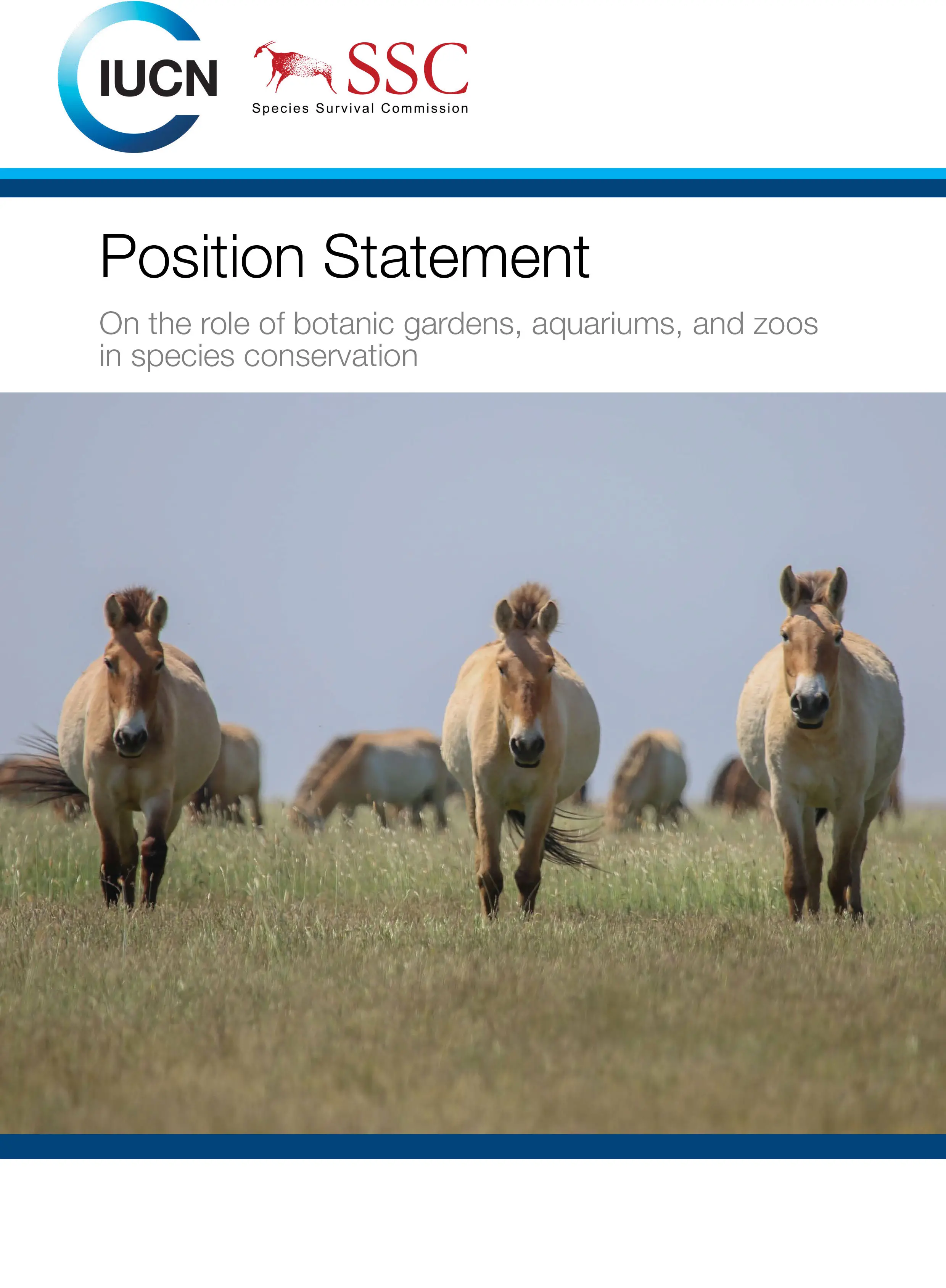
Commission statement | 2023
The purpose of the IUCN SSC Position Statement on the role of Botanic Gardens, Zoos and Aquariums is threefold:
to outline SSC’s position on the roles played by these institutions in the conservation of species and their genetic diversity, to urge all these institutions to achieve their…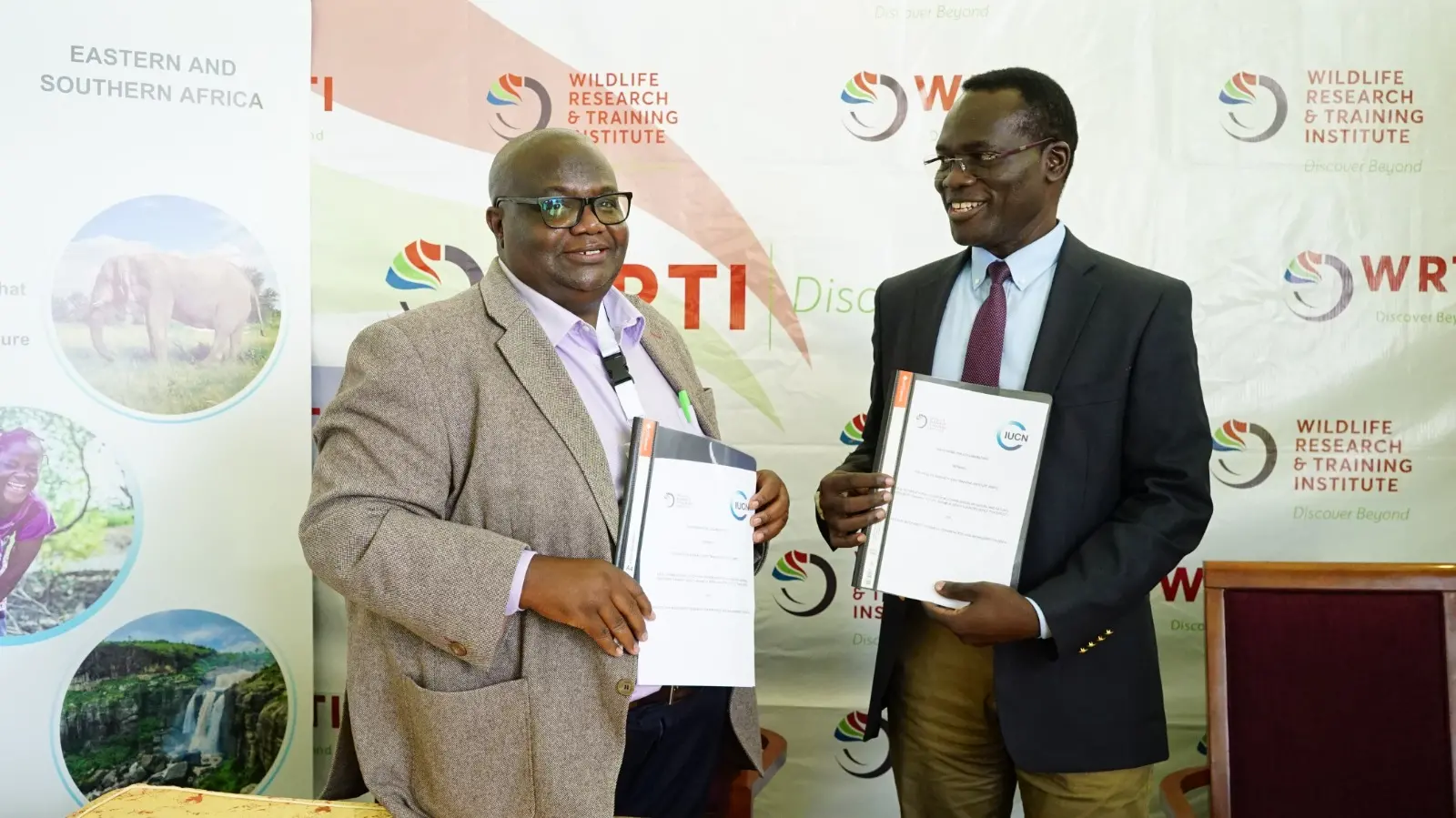
News | 27 Sep, 2023
Biodiversity in Kenya has today received a boost with the establishment of the IUCN Kenya Species Specialist Group (KeSSG) announced on the second day of the inaugural Wildlife Scientific Conference hosted by the Wildlife Research & Training Institute (WRTI) in Naivasha, Kenya.
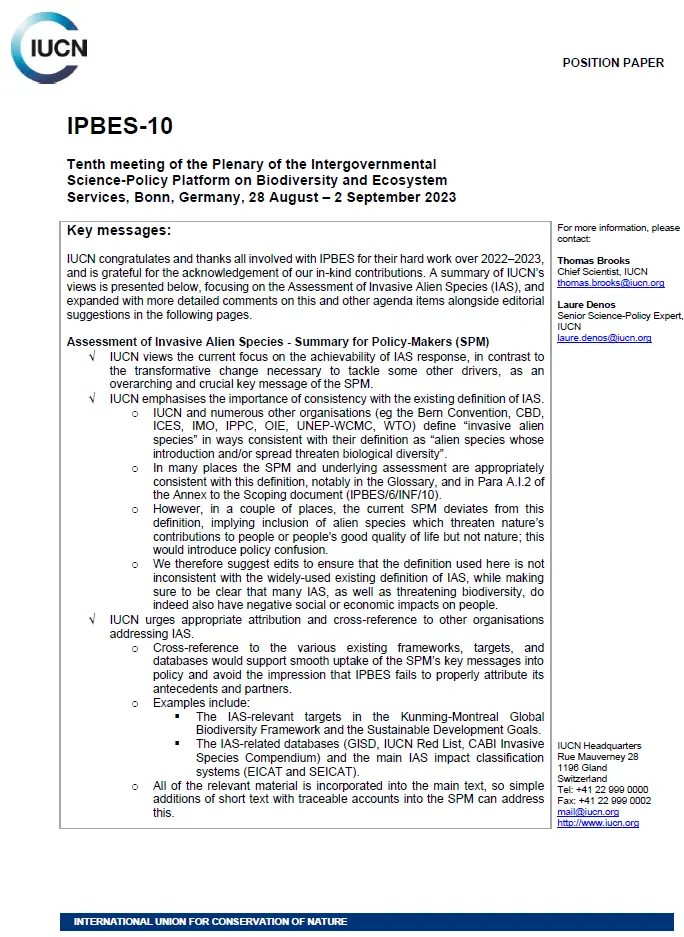
Position paper
IUCN Position Paper for IPBES-10
IUCN presents in this document its views on the Thematic Assessment of Invasive Alien Species, the capacity-building, knowledge generation and supporting policy functions of IPBES, improving the effectiveness of the Platform, and on additional elements of the rolling work programme of the…
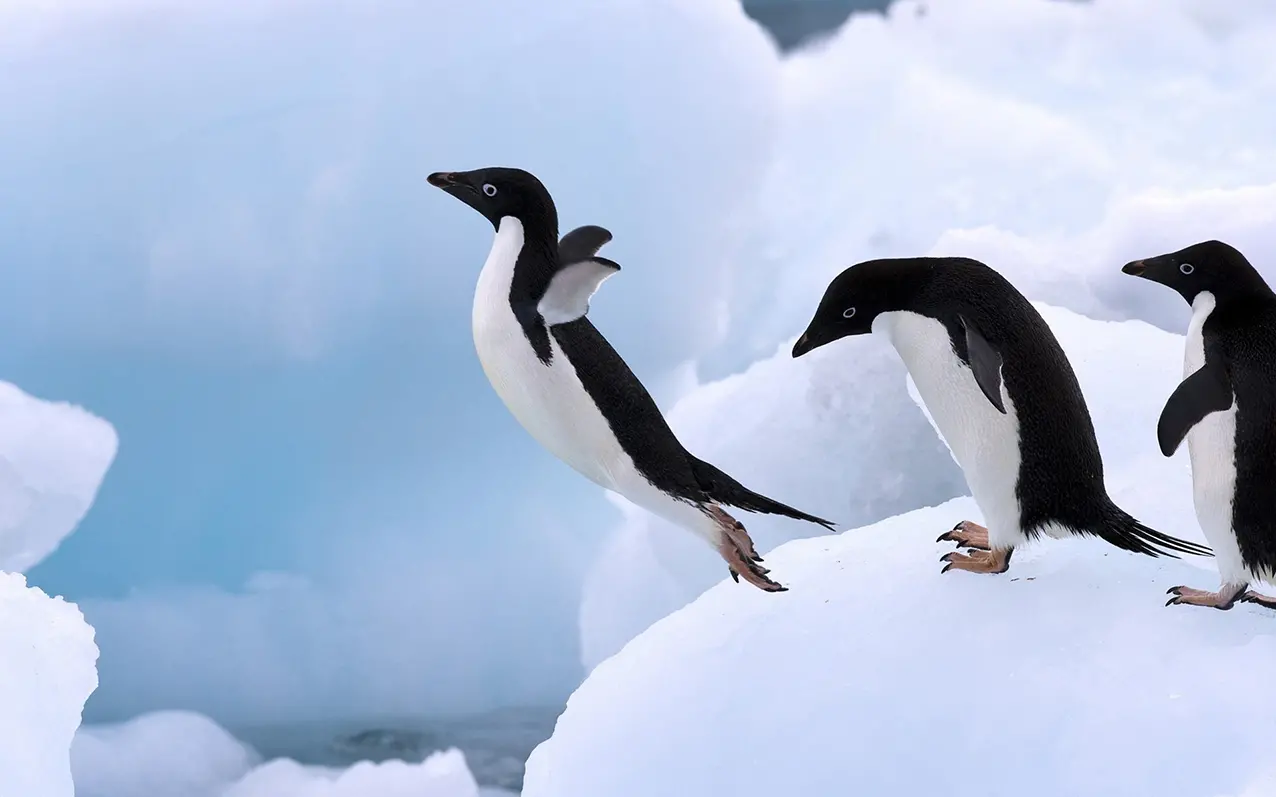
News | 26 Jun, 2023
Who is assigned to protect Antarctic ecosystems and their famous fauna? Latest news
The body responsible for the protection of Antarctica’s precious life, The Commission for the Conservation of Antarctic Marine Living Resources (CCAMLR), has just completed a special meeting in Santiago, Chile. IUCN participated as an observer promoting independent science and urging delegates…
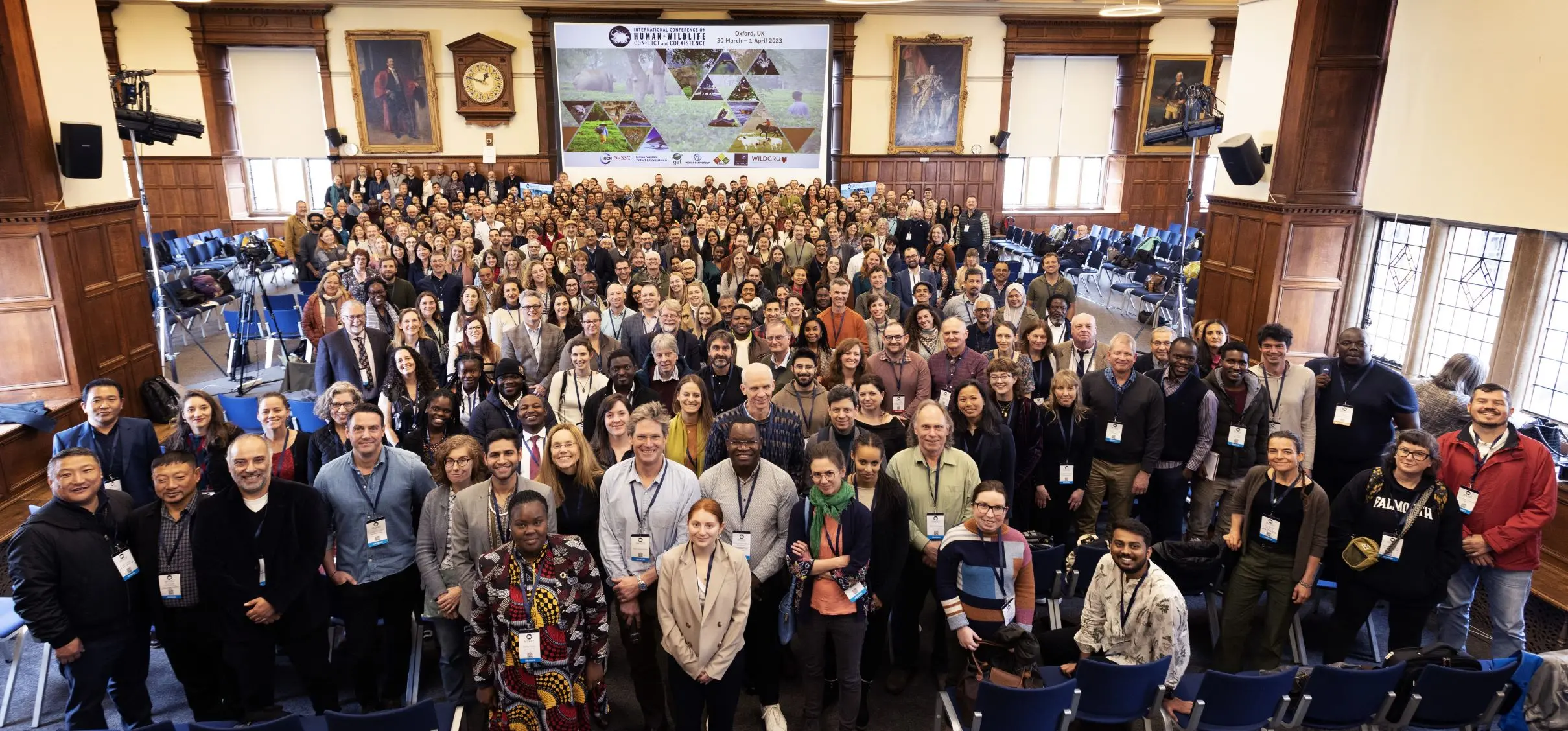
Story | 18 Apr, 2023
Mirali Shukla, Environmental Peacebuilding Association, Deputy Chair of the CEESP Theme on Environment and Peace
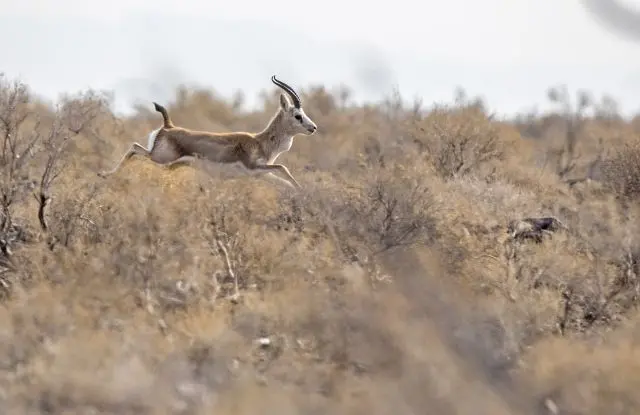
Story | 03 Mar, 2023
Supporting species migration in Central Asia
Central Asia is home to some of the last migratory mammal species in the world. Over the course of a three-year initiative, IUCN Save Our Species invested almost 500,000 USD through seven projects in Kazakhstan, Kyrgyzstan, and Tajikistan to protect threatened species affected by a fast-changing…
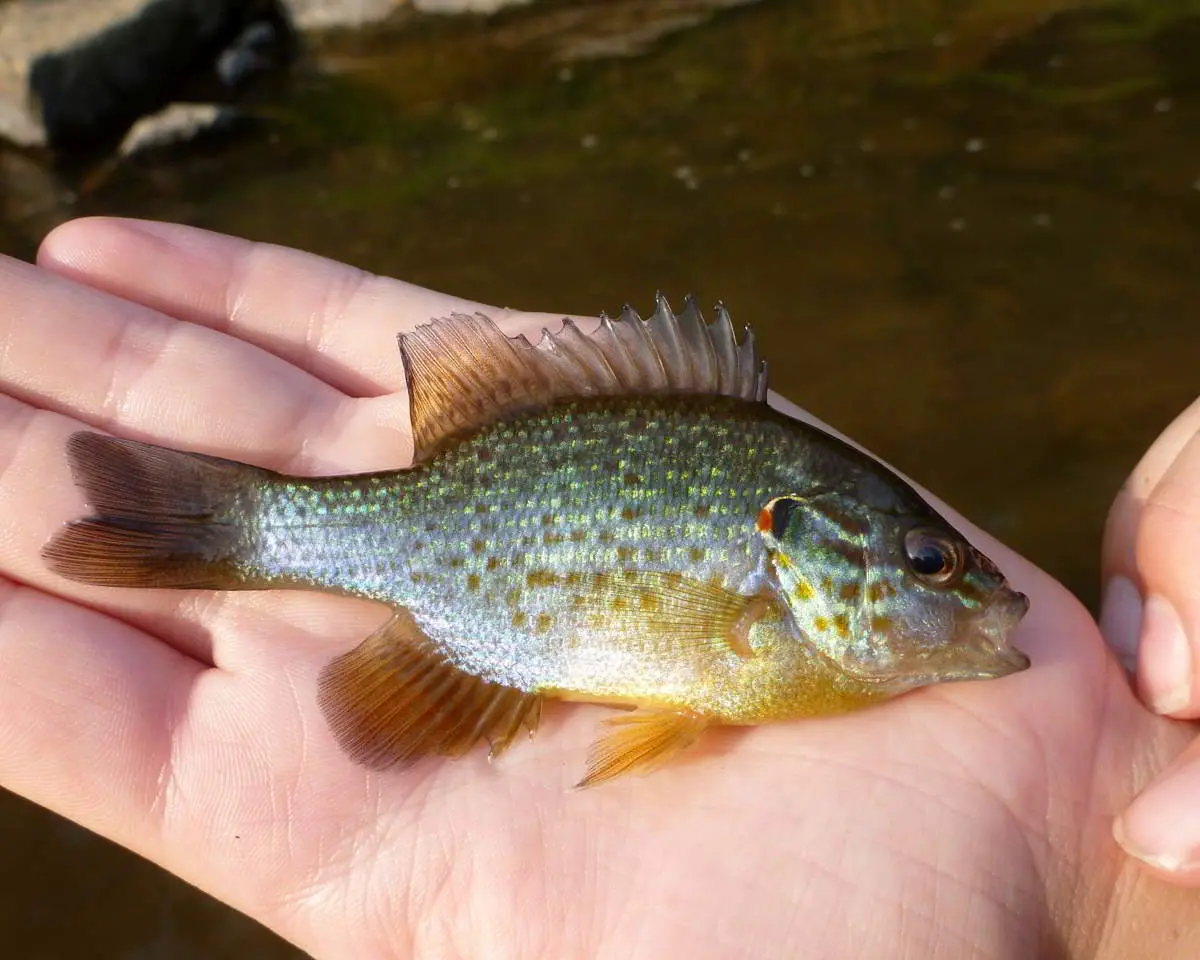
News | 18 Nov, 2022
Led by IUCN, a manual to support EU Member States and other stakeholders with incorporating animal welfare into their management of invasive alien species (IAS) of Union concern has been published.
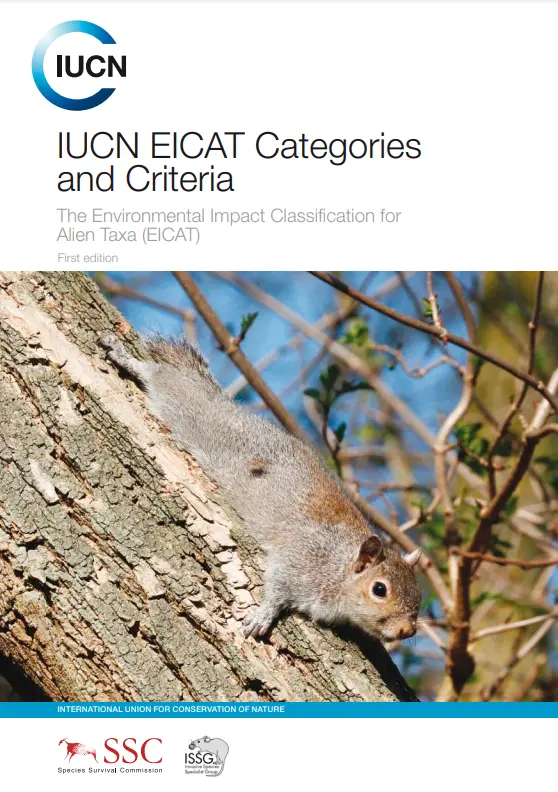
Conservation Tool
Environmental Impact Classification for Alien Taxa
The Environmental Impact Classification for Alien Taxa (EICAT) is the IUCN global standard for measuring the severity of environmental impacts caused by animals, fungi and plants living outside their natural range.

Conservation Tool
IUCN Red List of Threatened Species
The IUCN Red List of Threatened Species™ is the world’s most comprehensive information source on the global extinction risk status of animal, fungus and plant species. Open to all, it is used by governmental bodies, non-profit organisations, businesses and individuals.
